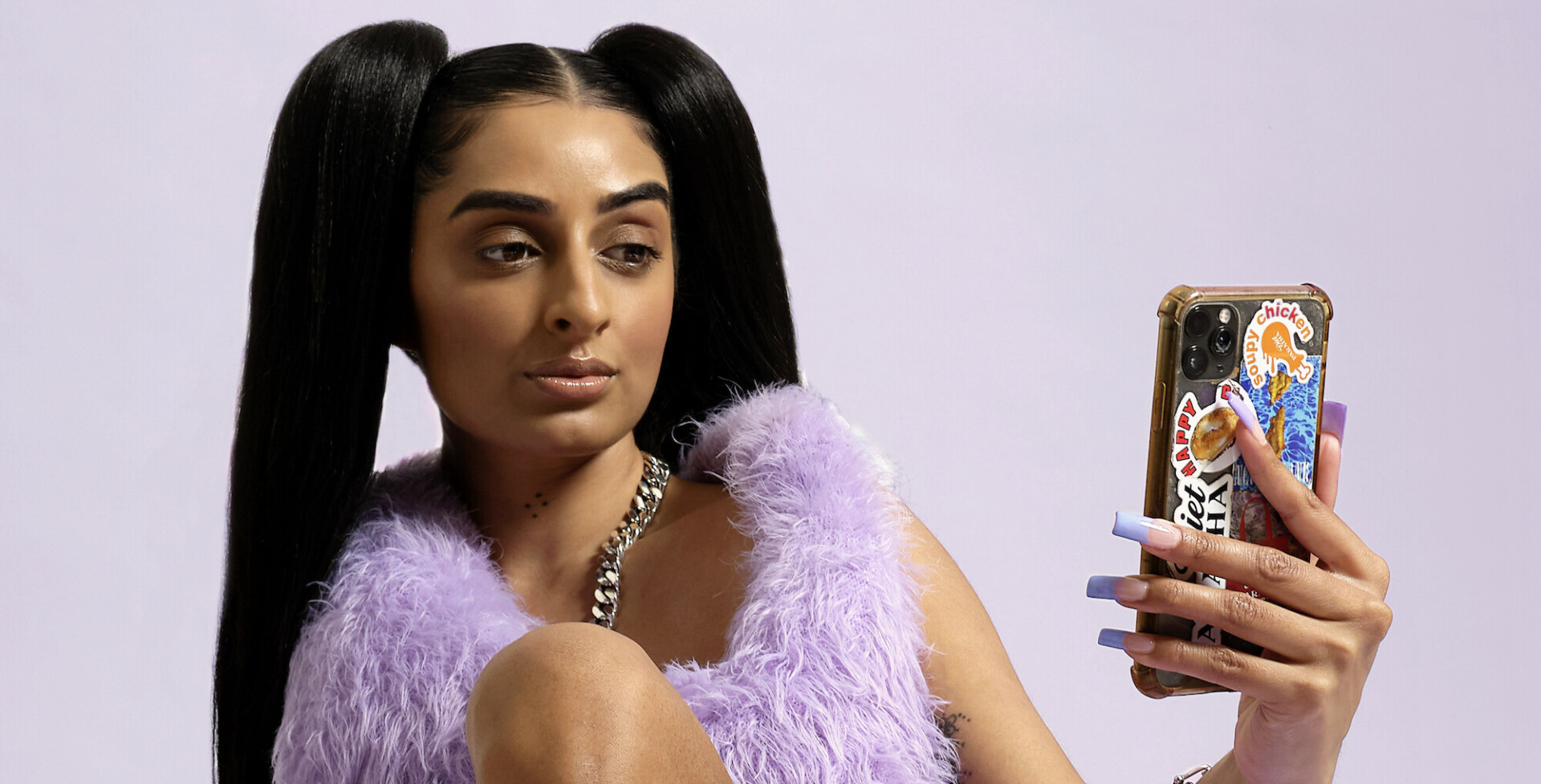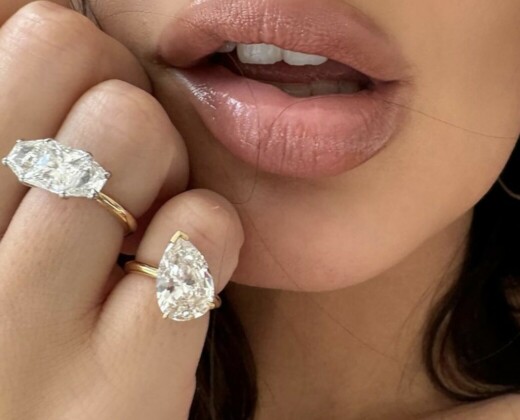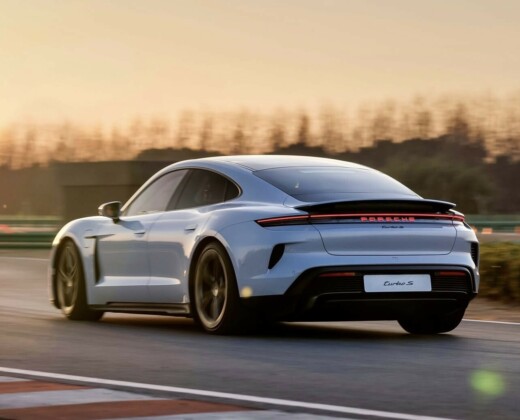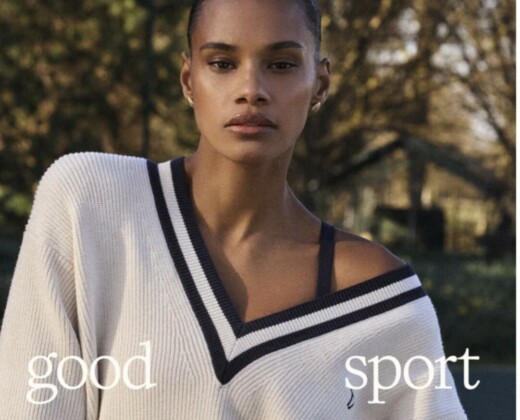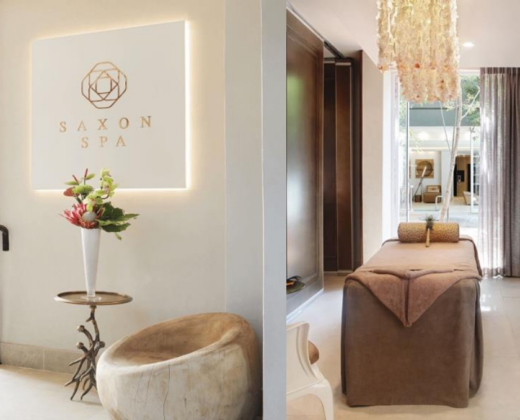With the increasing popularity of ‘cancel culture’ , how many of us have been looking for a more uplifting community on social media? One where we focus on celebrating each other rather than tear each other down? If you, like us, are done with ‘canceling’ personalities and would rather discover and uplift new ones, we have found the right page for you.
We’re talking about Diet Paratha, the Instagram page centered around showcasing South Asian creatives and their talent. The Instagram page that has now over 19k followers is the brainchild of New Zealand-born Londoner Anita Chibba, who wanted to fill in the representational gap in the creative industries and give light to the diverse South Asian talent that too often goes unseen. We were wondering what it meant to run such a diverse community, what it is like to research and choose what talent to showcase and how to showcase it in the first place… we had a chat with Anita Chibba herself who let us into the world of ‘Diet Paratha’.
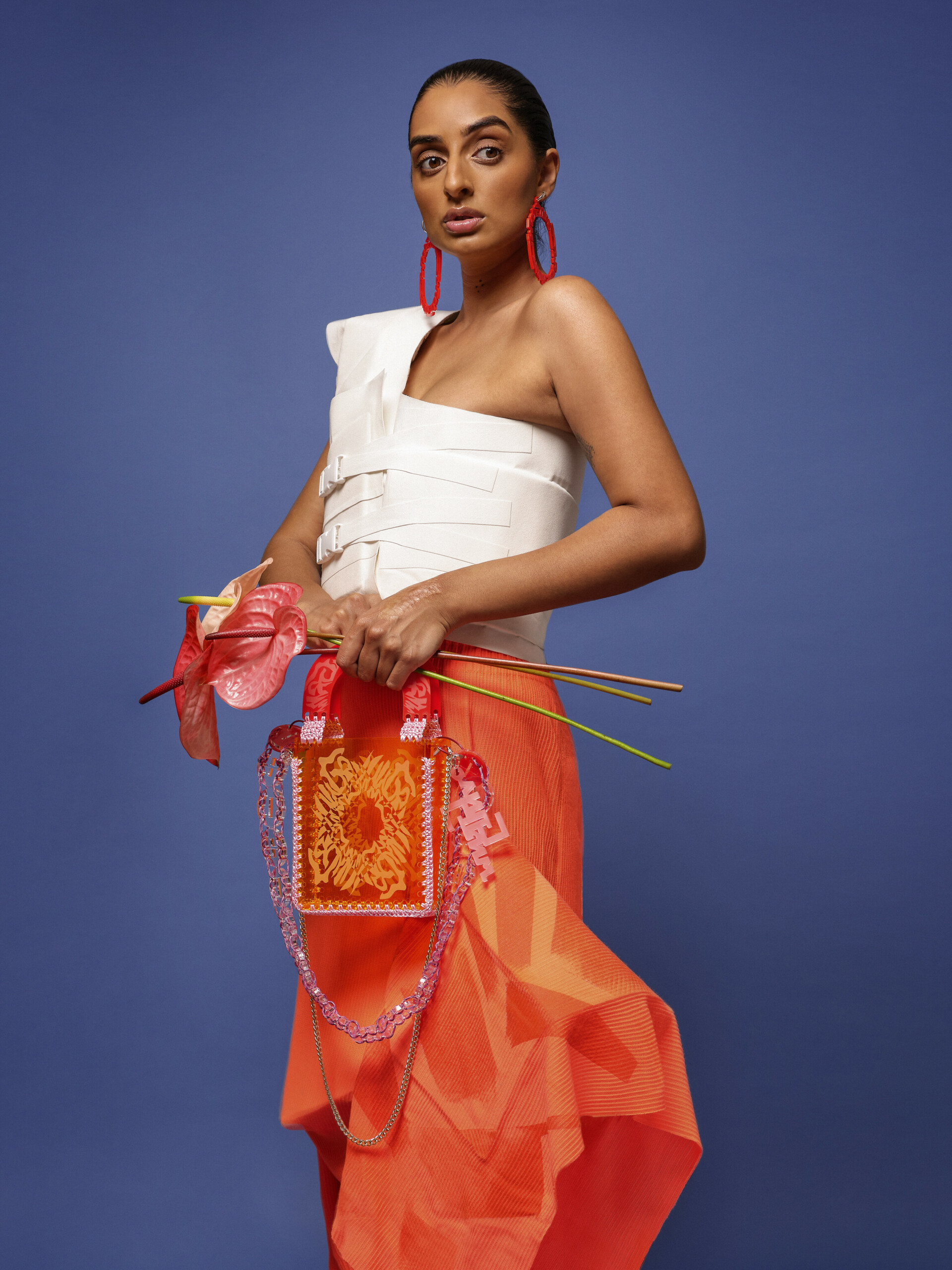
How did Diet Paratha come along? And what was the main factor that motivated you to launch the page?
I just never really saw South Asian people doing what I was interested in, such as invention and design. So through the power of the internet, I slowly started to discover all of their talents, and then that one thing led to another and now the platform has this really slick, curated vision of creative brilliance across the South Asian diaspora across the world, that you see today.
How did you manage to achieve this goal? Do you believe that the way in which you represent this talent has shifted over the years?
Yes, but just because it used to be hard to find. If we’re going back five years ago, there was less talent. It really kind of feels like it’s our time now, and it’s just great that now there’s a selection of really high caliber talent to choose from.
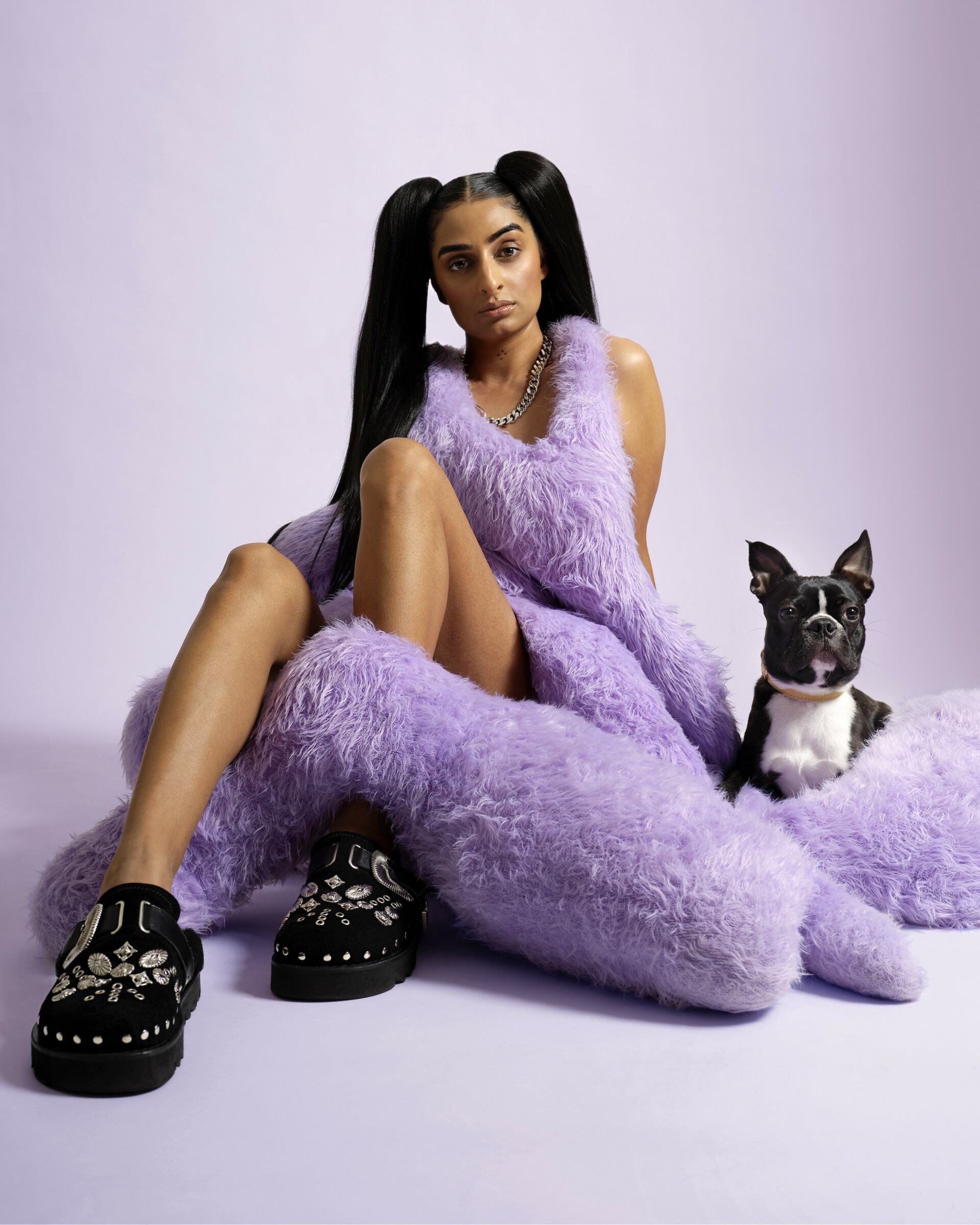
How do you find and choose the talent and the creatives to share and showcase?
I guess it’s similar to editing your Newsfeed to what you want to see. Your’s probably looks so different to my Newsfeed, right? Because you tailor them to suit your interests, and that’s the beauty of searching on social media. I am really strict with my curation, like really strict, and I only ever post what I wish I had done myself (to some degree).
What is your favourite part about the process of discovering new talent?
Meeting new people, connecting with new people and making stuff happen together; we need to do stuff together. South Asians really help each other out and I wouldn’t be anywhere if it wasn’t for the support from the community of people that follow me, because they are the people that are talking to me, listening to us, and giving us a platform. All of the articles that I’ve been featured in are from other South Asian people writing about me which is really great, but also quite sad because it kind of proves that like other people, we’ve got work to do. There are a few allies here and there, but for the most part, the South Asian people are the ones interested in platforming each other.
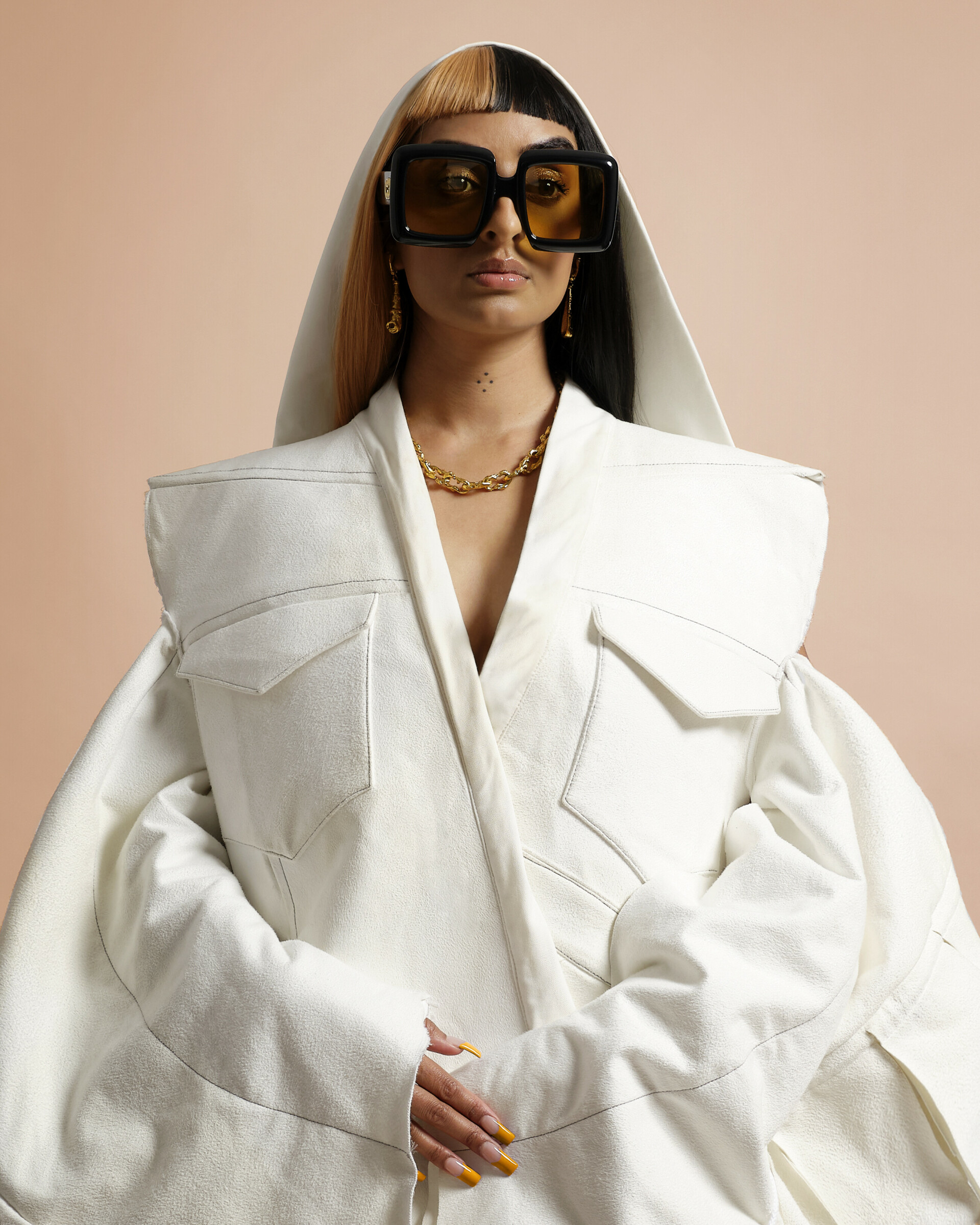
How would you describe the current media industry? Do you believe that progress has been made in terms of the representation of the South Asian community? Or do you think there is still a long way to go?
Such a long way to go on the whole… I think South Asian representation is more behind the scenes, if there’s any at all. When I say it’s more behind the scenes, [you need to] consider that there’s little behind the scenes so [there’s] even fewer in front of the cameras. But yeah, we’ve got such a long way to go. We collectively have our own lanes and life, but we should just [spread] the message and get our people out there. Because I mean, representation is such a battle and, there are so many hoops that you need to jump through internally.
It’s usually a white team that you’re pitching to. So I think that whether it is representational or not, that kind of community spirit is the only thing that’s going to really help push these things forward, as well as having, black indigenous and people of colour on the teams and internally. As I said, these people have skin in the game, they actually care, they’re going to seek out these people to write about them in a similar way to how people wrote about me.
What do you think is the hardest challenge in achieving this goal in a long-term manner?
You need to be platformed by bigger platforms in order to help shift this narrative. I’m grateful enough to be working with brands that are owned by people of colour, or via teams; they really understand the importance of supporting communities. And so the biggest challenge is having to convince those other brands that this is a worthwhile cause; that we’re not just seasonal, we’re not just topical, such as when it comes to things like Diwali. You don’t just have to talk to me about racism, don’t come to me at disaster, come to us to help the prevention of these things. It’s just as important to celebrate marginalized communities before the disaster.
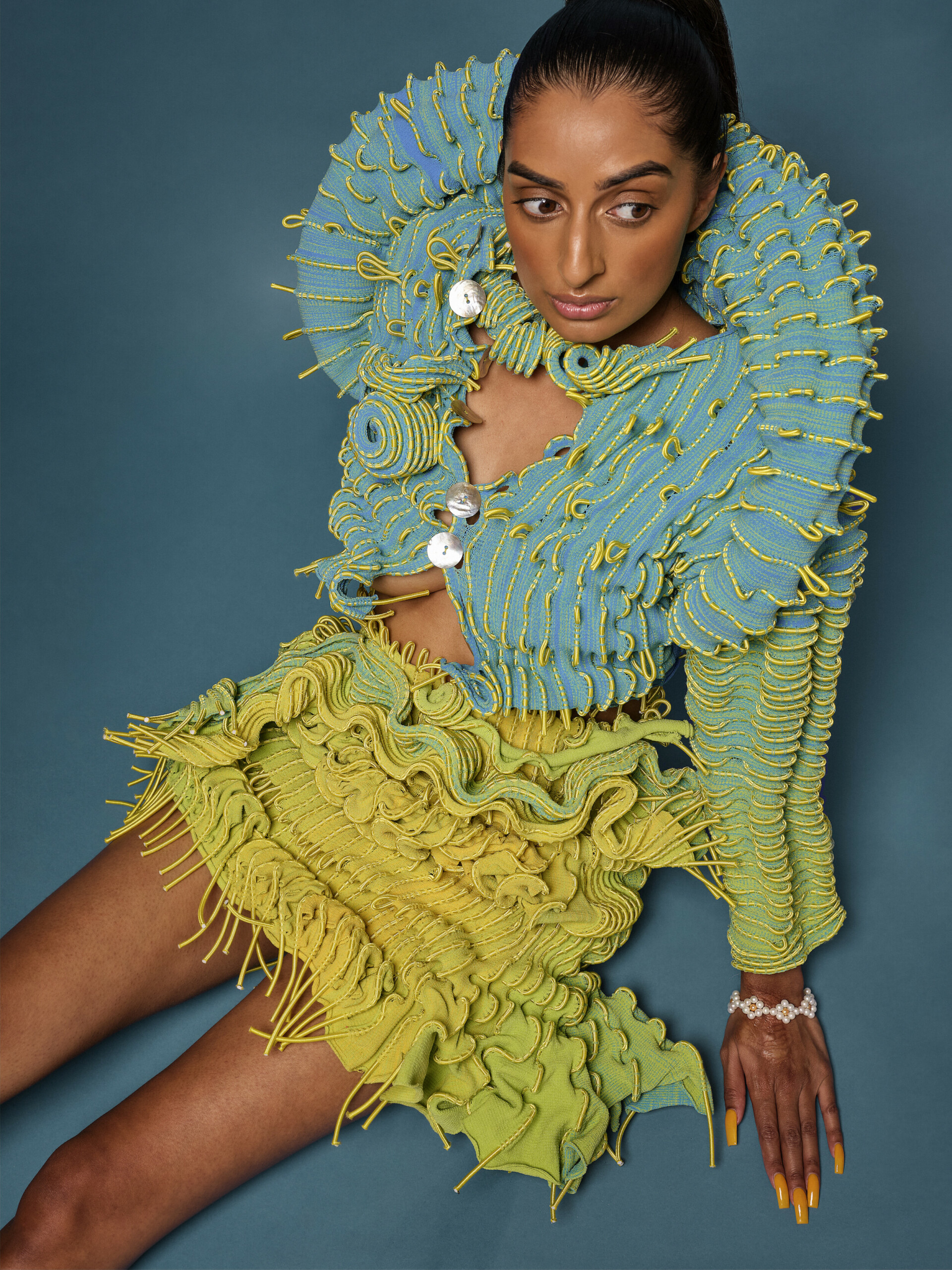
What is your opinion on the use of social media for representation and activism? Do you believe that a real change can be achieved through it?
I think social media is a vital tool to help spread the message, but obviously, one repercussion of this is performance activism. But whether the action is performative or not, it can help. The resurgence of Black Lives Matter last year was a global phenomenon that got people at least talking if not acting – which is a shame, obviously – but social media is a very powerful political tool and can help to shift the narrative.
What would you say has been your biggest achievement since creating this platform?
Having and cultivating a community that is so supportive. There are various big projects coming in from renowned brands, which I’m really proud of, but it’s more than that. It’s the fact that I’ve got this community, this bank of people that if I need someone, I can talk to some of them and they are going to help me and vice versa. It’s about cultivating this familial environment. For example, when you meet another South Asian, you just have a connection with them. It’s easy to talk to them, they just get it… If one of us wins, we all win.
Words by Chiara Ferrari
Image Credits: Stylist/Model: @diet_paratha
Photographer: @lareeshaye
MUA: @libbymcleodmakeup


